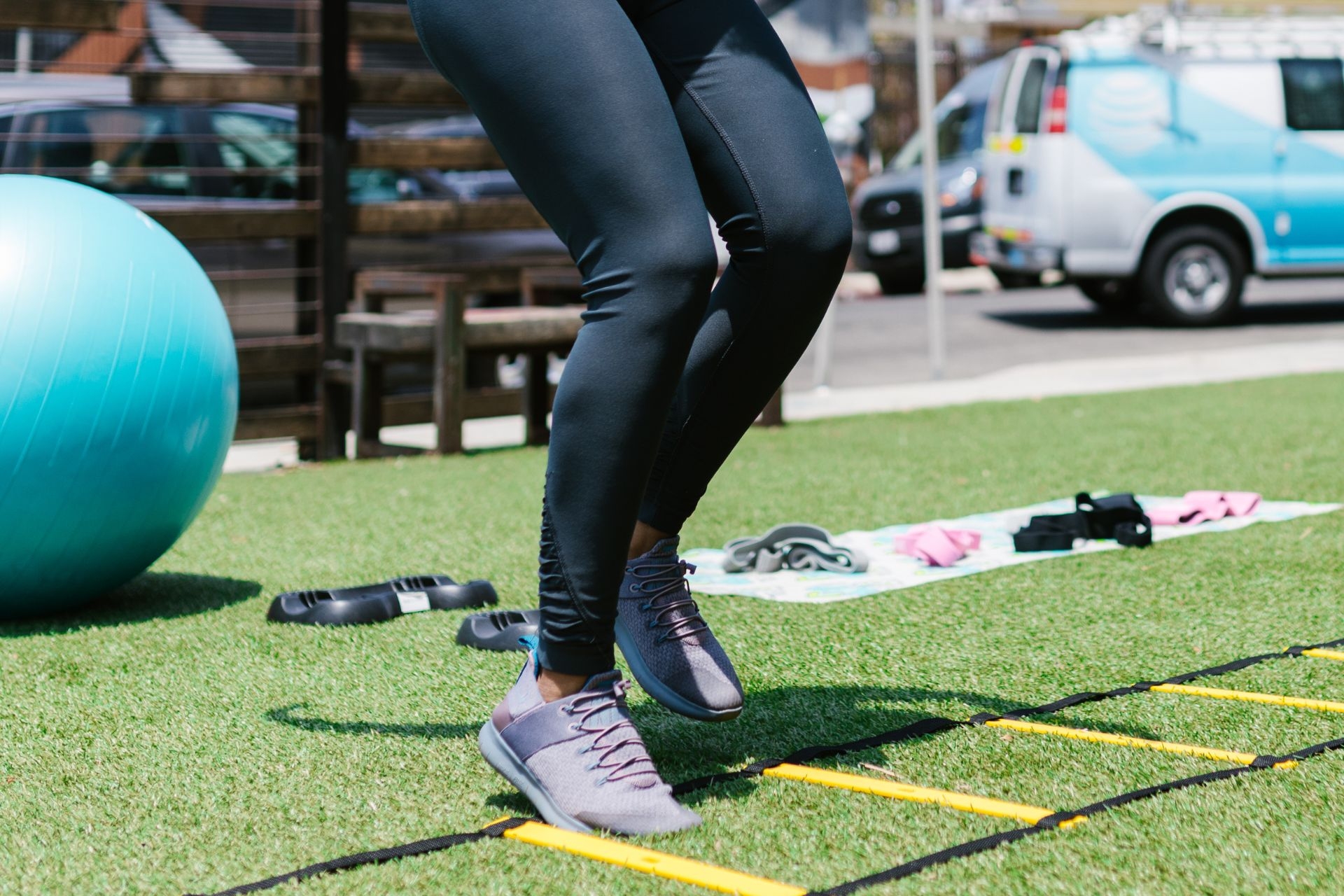Psychological Support In Fracture Rehab
How can psychological support help individuals during fracture rehabilitation?
Psychological support can greatly benefit individuals during fracture rehabilitation by addressing the emotional and mental challenges that often accompany physical injuries. By providing counseling, therapy, and emotional support, individuals can better cope with the stress, anxiety, and depression that may arise during the recovery process. This support can help improve motivation, adherence to treatment plans, and overall well-being, leading to a more successful rehabilitation outcome.
Post-Fracture Cardiovascular Conditioning



